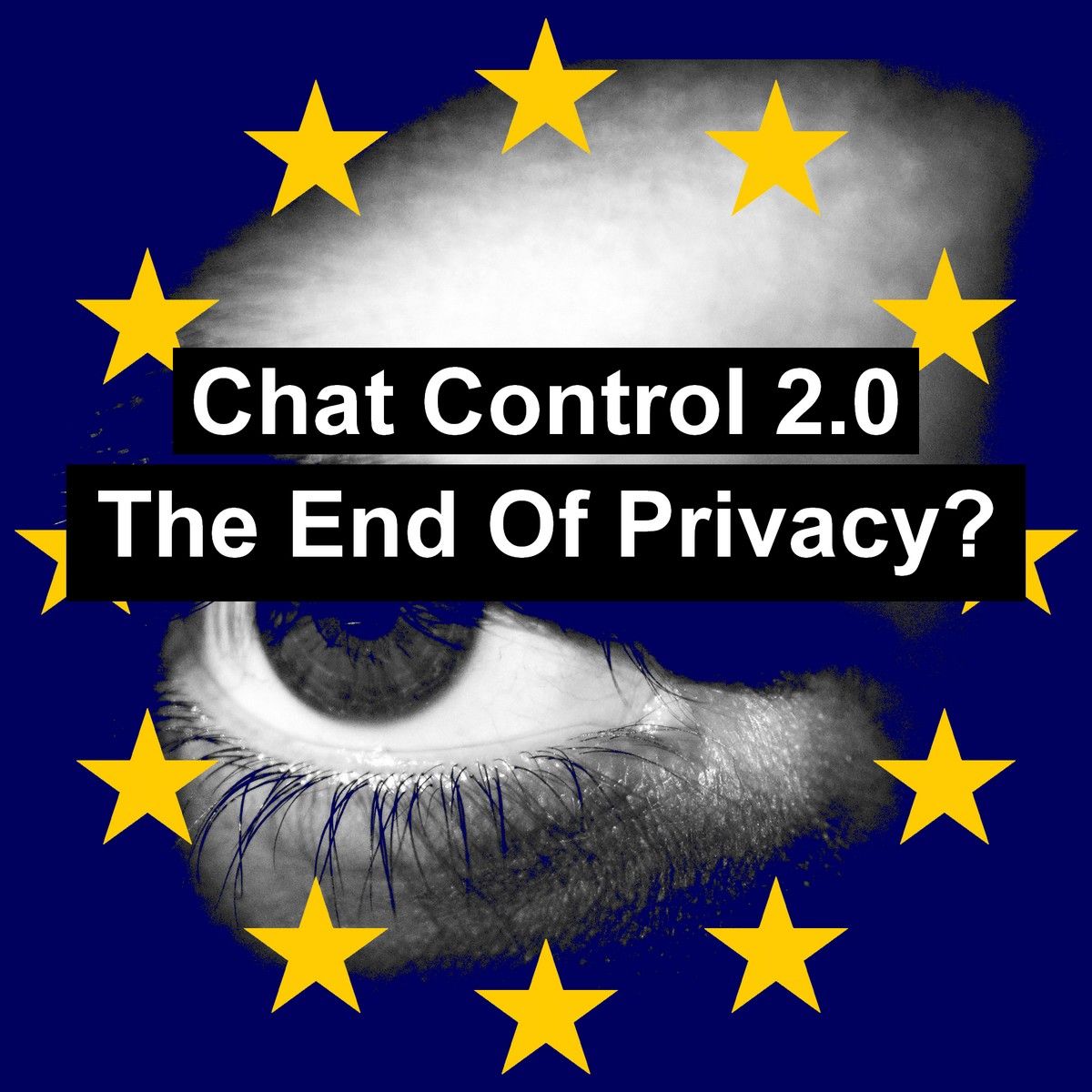Ep4 - Chat Control 2.0: The End Of Privacy?

As anticipated in a previous episode, today we continue to discuss the worrying and systematic dismantling of democracy that has been occurring within the European Union in recent years. In earlier episodes, we highlighted the lack of transparency in the Union through the Pfizergate case and pointed out the presence of a double standard, with the ostentatious promotion of peace and stability on one hand, and the arms race and funding of the defense sector on the other. In particular, we analyzed the unprecedented phenomenon of European pension funds investing in the arms industry. Transparency, double standards, abandonment of peace promotion through diplomatic negotiations: which other democratic values, so widely proclaimed within the Union, have remained intact? Very few.
Today, therefore, we will focus on another fundamental aspect of any true democracy: the protection of privacy. This last bastion of democracy is also about to be compromised. The European Union has been pushing for some time the so-called “Chat Control 2.0”, a proposal which, if approved, would represent one of the gravest threats to the privacy of European citizens.
The official name of the EU proposal is grandiose, straight out of a bureaucratic manual: “Proposal for a REGULATION OF THE EUROPEAN PARLIAMENT AND OF THE COUNCIL laying down rules to prevent and combat child sexual abuse.” This is the extended version, which no one will ever remember... Then there is also the abbreviated version, summarized in a single word: “ProtectEU.” One word that means everything and nothing.
But why have critics nicknamed ProtectEU as “Chat Control 2.0”? Because, essentially, it involves controlling all private communications. The “2.0” refers to the fact that the current proposal is an updated version of a 2022 initiative that had not been approved and now returns with greater determination.
The proposal, as we said, is called “ProtectEU.” The name is reassuring, but the contents are much less so. Let’s examine them in detail.
On May 11, 2022, the European Commissioner for Home Affairs, Ylva Johansson, presented a regulation for the prevention and fight against child sexual abuse. The declared aim is to combat online sexual abuse of minors (child sexual abuse material, CSAM) through measures that include the establishment of a regulatory framework for digital platforms, which would be obliged to detect and report illegal material.
This proposal was immediately nicknamed “Chat Control” by its critics.
The first version of the law was voluntary. The 2.0 version, however, would require service providers (email, messaging, and others) to monitor billions of messages, videos, and photos to identify suspicious content. In case of reports from authorities, providers would be obliged to cooperate with law enforcement.
Criticism was swift. Cryptography experts, digital activists, and legal scholars warned about the risk of introducing backdoors into secure communication systems, violating fundamental rights such as privacy and freedom of expression.
In December 2024, the proposal was rejected by COREPER (Committee of Permanent Representatives of the EU), thanks to opposition from Germany, Austria, Belgium, Finland, and Poland. However, on April 1, 2025, the European Commission relaunched the five-year ProtectEU strategy aimed at strengthening internal security also through new forms of digital communication monitoring.
At the heart of the strategy is the empowerment of European agencies such as Europol, Eurojust, and Frontex, the strengthening of cross-border sharing of biometric data, fingerprints, and DNA (through the Prüm II regulation), and the establishment of a European critical communications system...
That’s just a glimpse! The full story — and the full context — are in the podcast episode below. Curious to hear more?
Listen the full episode on Spotify.
